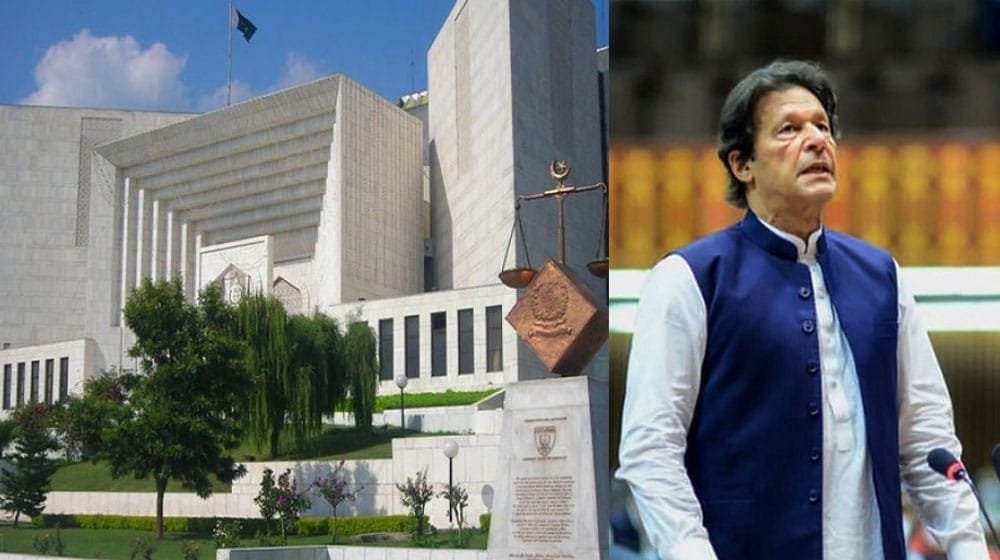The Supreme Court has decided not to live-stream the proceedings in the case of intra-court appeals (ICAs) moved by the federal government against the court’s September 15 majority judgment striking down amendments to the anti-graft laws. The decision was attributed to concerns about the potential political misuse of the live-streaming facility. The case involves amendments made to the country’s accountability laws in 2022, which included changes to the National Accountability Ordinance (NAO) 1999. These changes raised issues related to the term of the NAB chairman and prosecutor general, jurisdiction limitations, and the transfer of pending inquiries, investigations, and trials to relevant authorities.
Imran, a petitioner challenging the amendments, alleged that the modifications were made to benefit influential accused individuals and legitimize corruption. The Supreme Court had reserved its verdict in the case after 53 hearings and subsequently ordered the restoration of corruption cases against public office holders that were withdrawn following the amendments. However, during a hearing on October 31, 2023, Chief Justice of Pakistan (CJP) Qazi Faez Isa suggested the possibility of starting the proceedings afresh if a solid case was presented due to earlier proceedings not satisfying the requirements of the Supreme Court (Practice and Procedure) Act 2023.
Despite refusing to stay proceedings in corruption cases underway in accountability courts, the apex court restrained trial courts from announcing final orders until the next hearing of the appeals. The court deliberated on several ICAs moved by the federal government and a private citizen, and notices were issued to respondent Imran with arrangements made for him to join proceedings via video link.
In a recent development, the Supreme Court, in a 4:1 ruling, decided not to live-stream the proceedings of the case. It cited concerns about potential misuse or exploitation of the facility for ulterior or personal purposes, underlining the court’s caution to protect the integrity of the legal process. The court’s written order explained that live-streaming cases posed the risk of being used for political purposes and point scoring, deviating from the subject matter of the appeals and potentially affecting public perception.
The court’s decision to live-stream proceedings is a testament to its commitment to matters of public interest. It noted that the public had shown little interest in the case, and neither Imran nor the KP government had requested live-streaming. The order concluded by affirming that the decision on live broadcasting or live-streaming proceedings rested exclusively with the court, addressing the audience’s concerns.
This decision provides meticulous insights into the court’s considerations regarding the use of live-streaming facilities for legal proceedings, reassuring the audience about the court’s thoroughness. It underscores the delicate balance between transparency and the potential for misuse in high-profile cases.
















